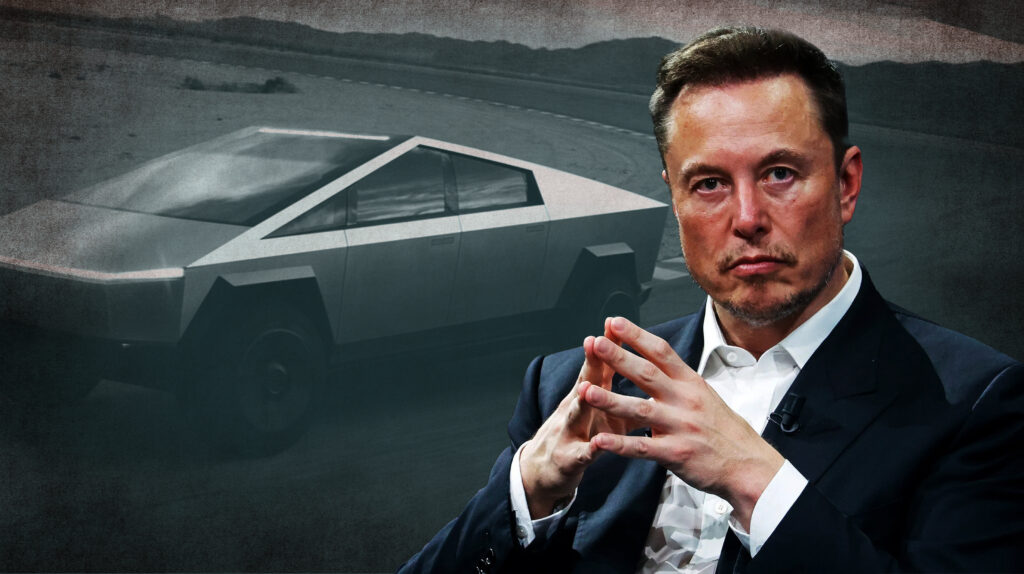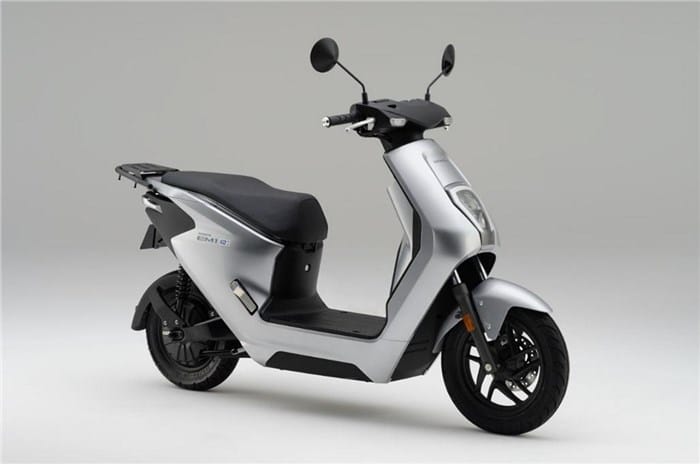After years of speculation and stalled negotiations, Tesla is finally entering the Indian market.
The American EV giant is set to open its first showrooms in Mumbai and New Delhi by mid-July 2025, marking a historic moment for the world’s third-largest automobile market.
So, lets talk about the same in detail.

Tesla Model Y to Lead the Charge
Tesla’s India debut will be spearheaded by the Model Y rear-wheel drive SUV, which has already arrived at Mumbai port.
These units have been imported from Tesla’s Shanghai Gigafactory, making them the first officially sold Teslas in India.
The Model Y is currently the world’s best-selling electric car, known for its spacious cabin, long range, and advanced tech.
According to customs documents, each Model Y was declared at ₹27.7 lakh, but after India’s steep 70% import duty, the final price is expected to exceed ₹46 lakh. Tesla is yet to announce the official pricing, which will depend on its positioning strategy and dealer margins.
Tesla Showrooms in Luxury Districts
Tesla’s first Indian showroom will open in Mumbai, followed by another in New Delhi. Both outlets are located in high-end commercial zones, targeting affluent buyers and early adopters.
The company has also leased warehouse space in Karnataka and Gurugram to support logistics and after-sales operations.
Also Read: ABS to Be Mandatory for All Two-Wheelers in India from January 2026: What It Means for You
Charging Infrastructure & Support
In preparation for its launch, Tesla has imported Supercharger components, car accessories, and spare parts from the US, China, and the Netherlands.
This indicates a strong focus on building a support ecosystem, including fast-charging stations and service centers.
Musk-Modi Meeting Paved the Way
Tesla’s India entry comes months after Elon Musk met Prime Minister Narendra Modi in the US. The meeting reportedly helped resolve long-standing issues related to import tariffs and local manufacturing, clearing the path for Tesla’s formal launch.
Challenges Ahead Of Tesla
While Tesla’s arrival is a major milestone, it won’t be without hurdles. EVs currently account for just 5% of new car sales in India, and premium vehicles make up less than 2% of the market.
Convincing value-conscious Indian buyers to spend over ₹50 lakh on an imported EV will be a challenge, especially with local rivals like Tata and Mahindra offering more affordable options.
Also Read: Confirmed Car Launches in July 2025: Tata Harrier EV and More



